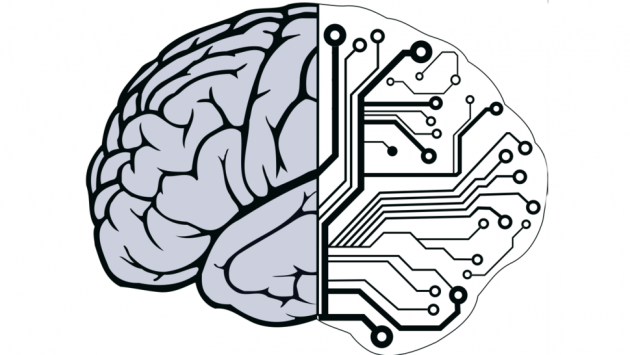
The debate surrounding the intelligence of brains vs computer has been enervating in the ever-evolving field of technology and neuroscience. The capacity and boundaries of human brains and computers need to be understood with the rapid advancements in artificial intelligence (AI).
Take a look at this brain vs computer intelligence comparison. Read till end to find out and let us know your point of view in the comments below:
Understanding Human Brain Intelligence
The human brain is a marvel of biological engineering. It contains approximately 86 billion interconnected neurons, and they communicate with each other using both electrical and chemical signals. This organ can allow:
- Complex Thought Processes: Humans can involve themselves in abstract thinking, problem-solving, and creative processing.
- Emotional Intelligence: The brain allows for the experience of many emotions, empathy, and social interactions.
- Adaptability and Learning: It is the plasticity of the brain that it can adapt, learn new things, and recover from injury.
Intelligence in humans does not refer to raw processing; it implies emotional and social intelligence, creativity, and understanding context and nuance.
The Power of Computers
Computers, especially those driven by high-level AI, are task-specific and efficient. Significant strengths of computers include:
- Speed and Accuracy: Speed is created from the fact that a computer can process many data and make many calculations at tremendous speeds, all without any mistakes.
- Data Storage: Computers can store and retrieve massive volumes of information instantly.
- Automation: Computers perform repetitive tasks consistently without fatigue.
AI systems can learn from data, recognize patterns, and make predictions. But, their intelligence is usually limited to the extent of their programming and the data on which they are trained.
Significant Differences: Brain vs Computer
- Processing Power: A computer can handle information many times more effectively than a human being regarding speed and accuracy. But, much more than that, a human brain trumps when the challenge is in processing complicated, unstructured data and making decisions intuitively.
- Learning and Adaptation: This ability to learn and adapt through experience is something that the brain certainly possesses. AI systems need tons of data and tremendous learning processes.
- Creativity and Innovation: Human intelligence means creativity, innovation, and thinking beyond norms. Computers generate outputs based on existing data and patterns.
- Emotional and Social Intelligence: The capacity of the brain to understand emotions and react likewise is an upper hand that other computers don’t have, so, therefore, lack in genuine emotional comprehension.
The Brain-Computer Synergy
Instead of seeing the brain and computers competing, it is much more helpful to see them as complementing. Computers can easily handle data processing on massive scales and automation so that human brains are left to handle more creative, strategic, and emotionally intelligent kinds of tasks. This will improve productivity and innovation.
Conclusion: Which is More Intelligent?
Intelligence, therefore, of brains or computers is relative to the context. Computers outshine the human mind in raw data processing, speed, and accuracy, but the human mind outwits these features in creativity, emotional intelligence, and adaptability. Combined, they turn into remarkable strengths for accomplishing many things in all walks of life.
Also, see:
Pakistan-based EMI SadaPay to fire 30% of its staff